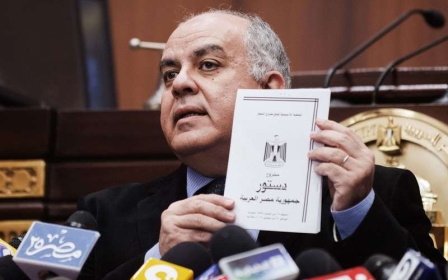Qatar bans spreading of 'false news' online

Qatar approved on Monday a new cybercrime law that sets out lengthy prison sentences and fines for anyone who uses the internet to “spread false news”.
The law prohibits any online activity that threatens “the safety of the state, its general order and its local or international peace,” with a penalty of up to three years in prison and a maximum fine of QR500,000 ($137,250), according to the local Doha News.
It also bans the publication of news, pictures, audio or video recordings “related to the personal or family life of individuals – even if it is true” with a prison sentence of up to one year and a maximum fine of QR250,000 ($68,650).
Further provisions mention the spreading of “false news” is banned, although no details have been provided about what this constitutes. The new law stipulates that telecommunication providers must fulfil all judicial requests to supply evidence.
Service providers must “block any websites or links when asked by judicial entities. They have to keep users information for a year and temporarily keep record of electronic information, traffic data or content information for 90 days that can be renewed at the request of the investigating entity.”
The law in its draft form was criticised by media experts as potentially having a negative impact on local journalism.
“There is no country with a good press freedom ranking that has a false news law on the books,” Matt J Duffy, expert on journalism and media laws in the Middle East, told Doha News. “The only result is that it has is impeding good journalism.”
Social media users were swift to criticise the new law on Tuesday.
Middle East Eye propose une couverture et une analyse indépendantes et incomparables du Moyen-Orient, de l’Afrique du Nord et d’autres régions du monde. Pour en savoir plus sur la reprise de ce contenu et les frais qui s’appliquent, veuillez remplir ce formulaire [en anglais]. Pour en savoir plus sur MEE, cliquez ici [en anglais].




